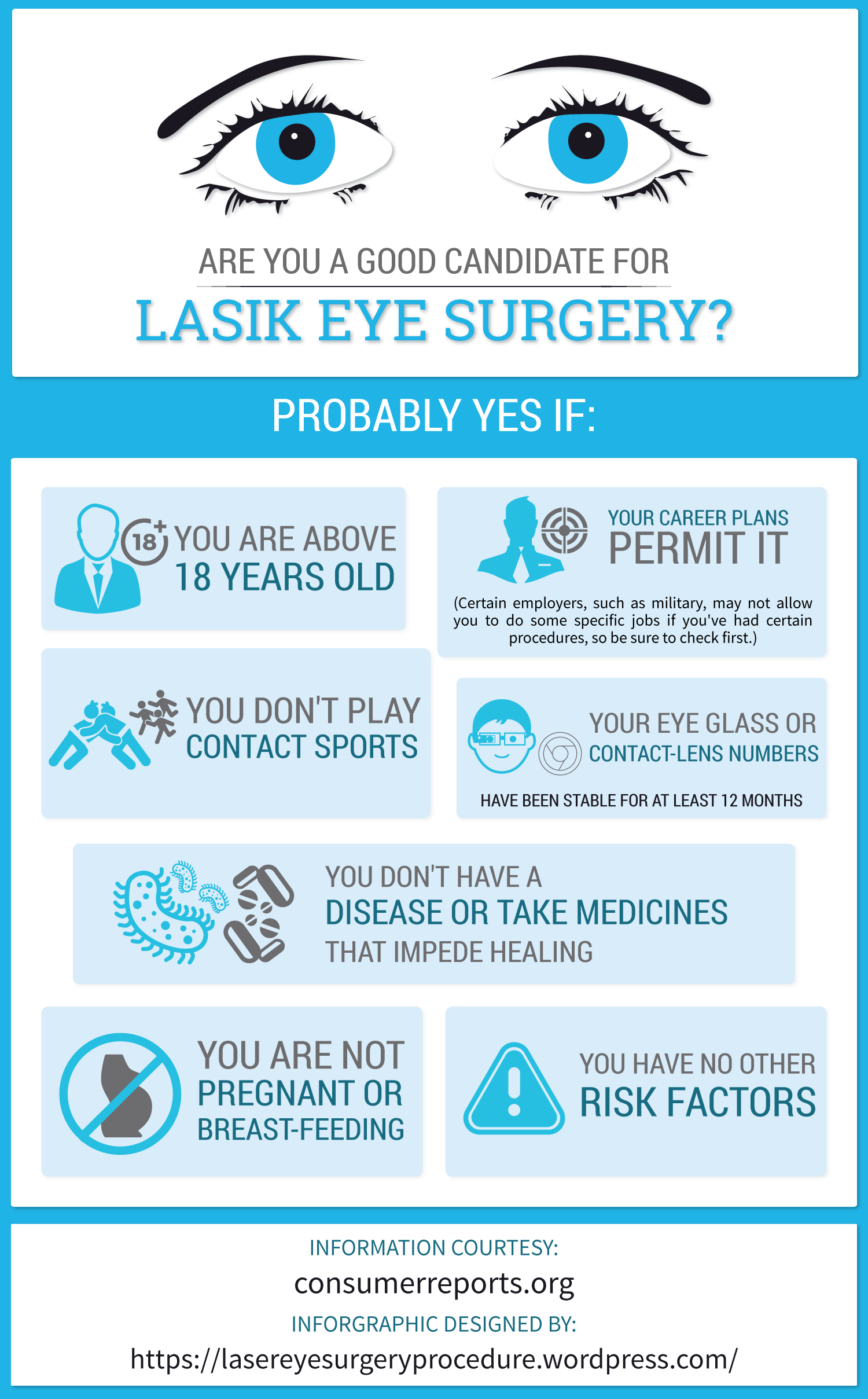Debunking Refractive Lens Exchange: Crucial Insights That May Be Missing Out On From Your Ophthalmologist'S Explanation
Debunking Refractive Lens Exchange: Crucial Insights That May Be Missing Out On From Your Ophthalmologist'S Explanation
Blog Article
Author-Bennetsen Sandberg
Have you ever before considered Refractive Lens Exchange (RLE) as an alternative for vision improvement? While https://www.theguardian.com/science/political-science/2015/aug/31/the-politics-of-laser-eye-surgery isn't as extensively talked about as LASIK, RLE could be a game-changer for your vision. Lots of people overlook its advantages, assuming typical approaches are their only selection. But what are the genuine benefits, and what might your ophthalmologist not be informing you about this treatment? Allow's check out the ins and outs of RLE with each other.
Recognizing Refractive Lens Exchange: The Fundamentals
Refractive lens exchange (RLE) is a surgery that can substantially boost your vision, specifically if you're managing presbyopia or extreme refractive errors.
Throughout RLE, your eye surgeon eliminates your eye's natural lens and replaces it with an artificial one customized to your vision needs. This treatment can correct nearsightedness, farsightedness, and astigmatism, giving you clearer vision without counting on glasses or call lenses.
The surgery is normally fast, taking less than an hour, and most patients experience minimal discomfort. Recuperation is relatively quickly, permitting you to return to your everyday tasks quickly after.
If you're taking into consideration RLE, seeking advice from your optometrist can help you figure out if it's the best choice for you.
Trick Differences In Between RLE and Typical Cataract Surgical Treatment
While both refractive lens exchange (RLE) and traditional cataract surgery entail changing the eye's natural lens, their main goals and person accounts differ substantially.
RLE is aimed at people seeking to reduce their reliance on glasses or contact lenses due to refractive errors, commonly prior to cataracts create. On the other hand, conventional cataract surgical treatment typically targets individuals that've developed cataracts, which shadow the lens and harm vision.
The lenses made use of in RLE can offer a broader range of vision adjustment, while typical cataract surgery normally includes fundamental monofocal lenses.
In addition, RLE candidates are often younger and in good general wellness, whereas cataract people may be older and have various other health and wellness worries.
Choosing the ideal procedure depends upon your certain vision needs and scenarios.
Possible Benefits and Factors To Consider of RLE
If you're thinking about refractive lens exchange (RLE), you'll locate numerous possible advantages that may enhance your quality of life.
RLE can give you with more clear vision, reducing or eliminating the demand for glasses or contact lenses. It offers a possibility to attend to presbyopia and other refractive errors at the same time, frequently boosting your general visual acuity.
Additionally, RLE can be an excellent choice if you're not an appropriate prospect for LASIK. Nevertheless, it is necessary to consider the considerations, like the cost, possible risks, and the recovery period.
Discussing your specific requirements with your eye doctor can help you make an educated choice, ensuring you pick the most effective path for your vision modification.
Conclusion
Finally, refractive lens exchange uses a distinct service for vision adjustment that goes beyond what LASIK can provide. It's important to consider the benefits against prospective risks and costs before deciding. Don't be reluctant to ask your optometrist the hard concerns to ensure you fully understand the procedure and its implications for your vision. With the right info, you can confidently choose the very best option for your eyes and way of life.
